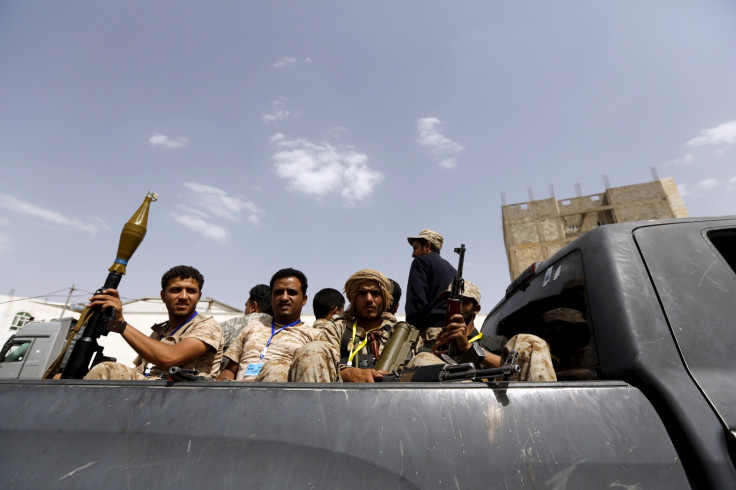Yemen: Fighting rages ahead of UN humanitarian ceasefire

Fighting was raging in Yemen on Friday 10 July as rival factions scrambled to consolidate their positions hours before a UN-brokered ceasefire was due to start.
Iranian-backed Houthi rebels were making gains in the eastern Hadramawt desert, after an overnight shelling in southern port of Aden.
Meanwhile forces with a Saudi-led coalition continued bombing the insurgents in the capital, Sanaa and elsewhere across the country.
The "unconditional humanitarian pause" announced by the UN earlier this week is set to begin at midnight on 10 July and continue for seven days until the end Muslim holy month of Ramadan.
Both parties backed the truce that is hoped will allow aid supplies to be delivered to millions of people in the impoverished country.
"We have the expressions necessary from all parties to announce the start of this pause on Friday 10 July," UN spokesman Stephane Dujarric said.
However Houthi leader Abdel-Malek al-Houthi later said he doubted the agreement would hold.
"As for the truce, we don't have big hope in its success, because its success is linked to the commitment of the Saudi regime and its allies," he said in a televised speech, Reuters reported.
"Our experience in the previous truce was bitter and unfortunate. It became a truce only for the media, but what was happening on the ground was something else, the daily air strikes continued."
More than 3,000 people have died since Saudi Arabia intervened in a bid to restore President Hadi who was forced to flee, after the Shi'ite rebels seized control of Sanaa.
The Sunni Kingdom put together a coalition of Arab states that has been relentlessly pounding the insurgents which they claim are supported by their rival, Iran.
© Copyright IBTimes 2025. All rights reserved.






















